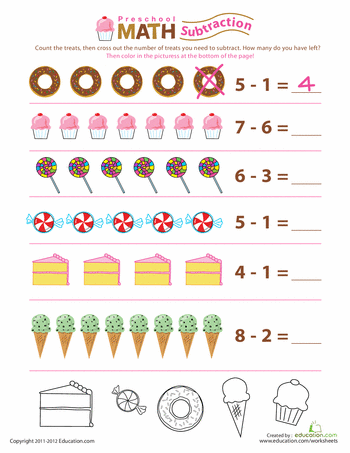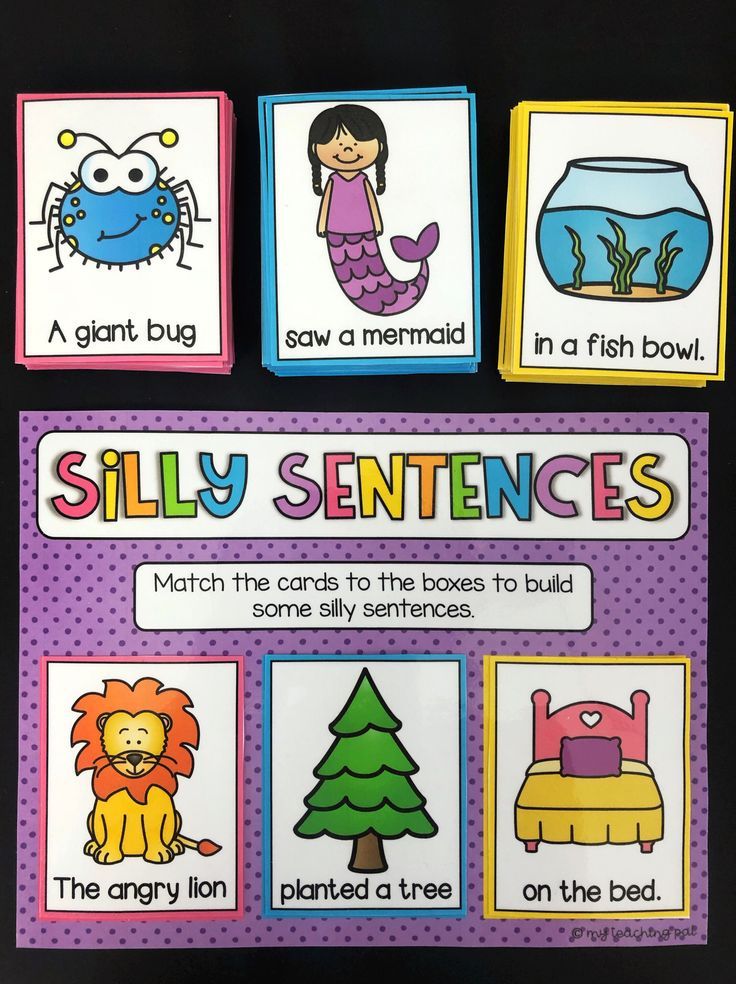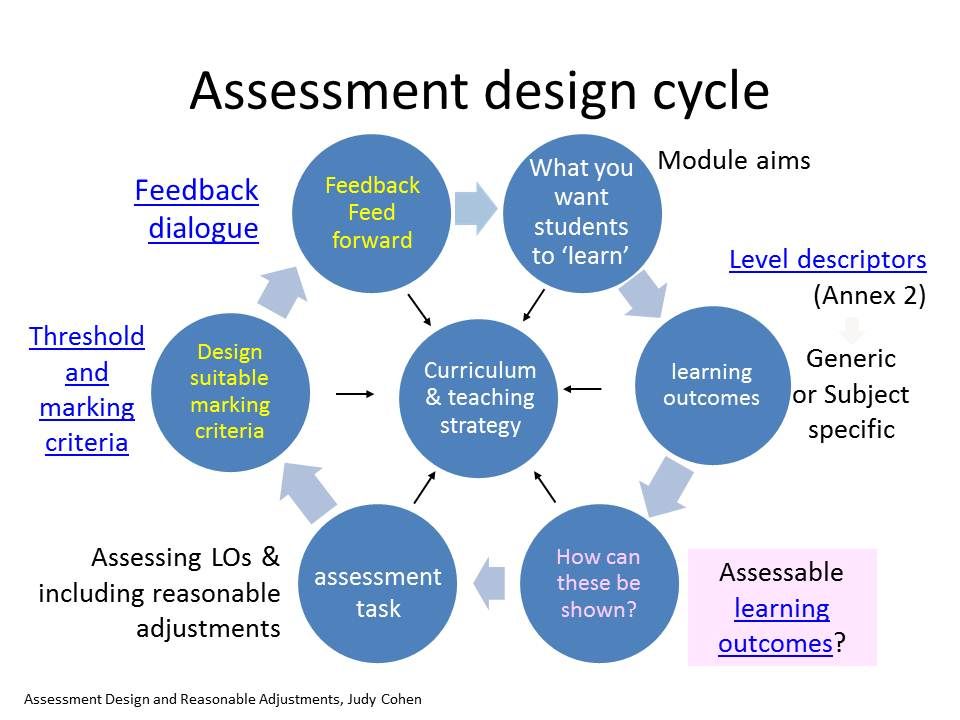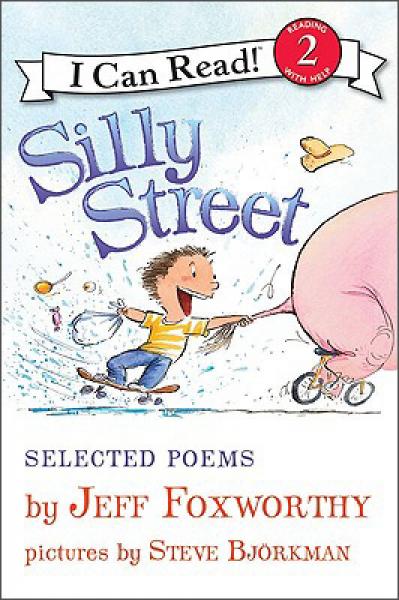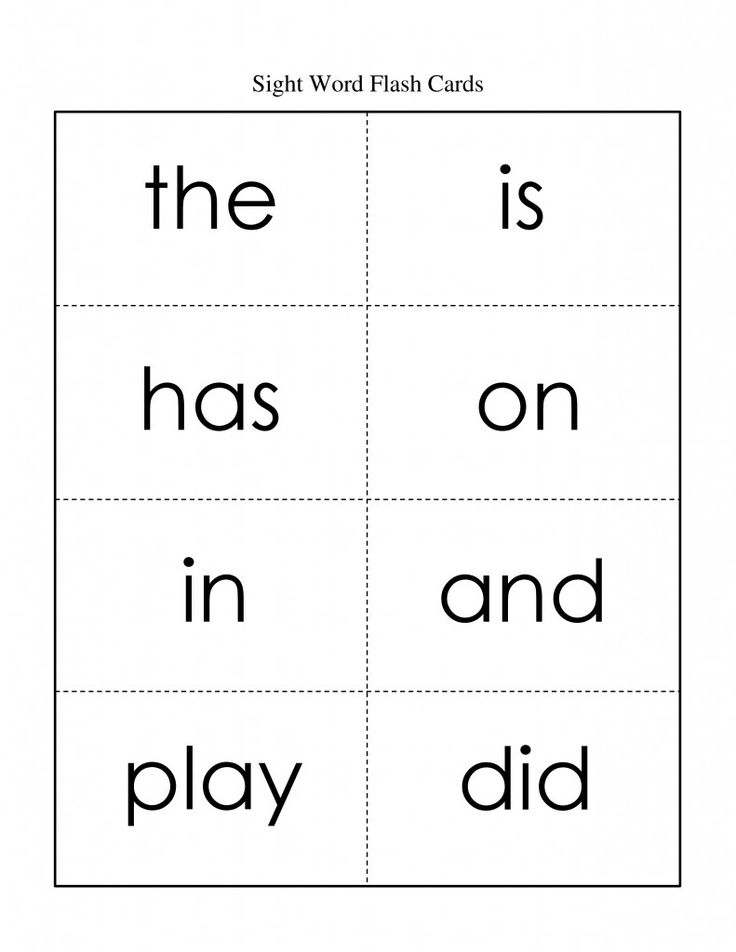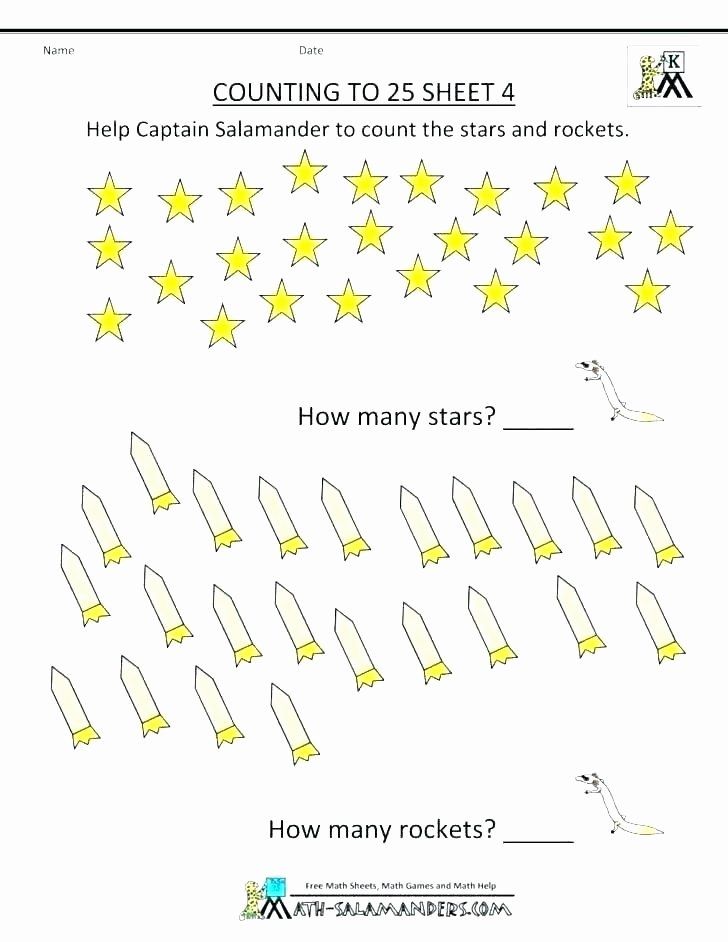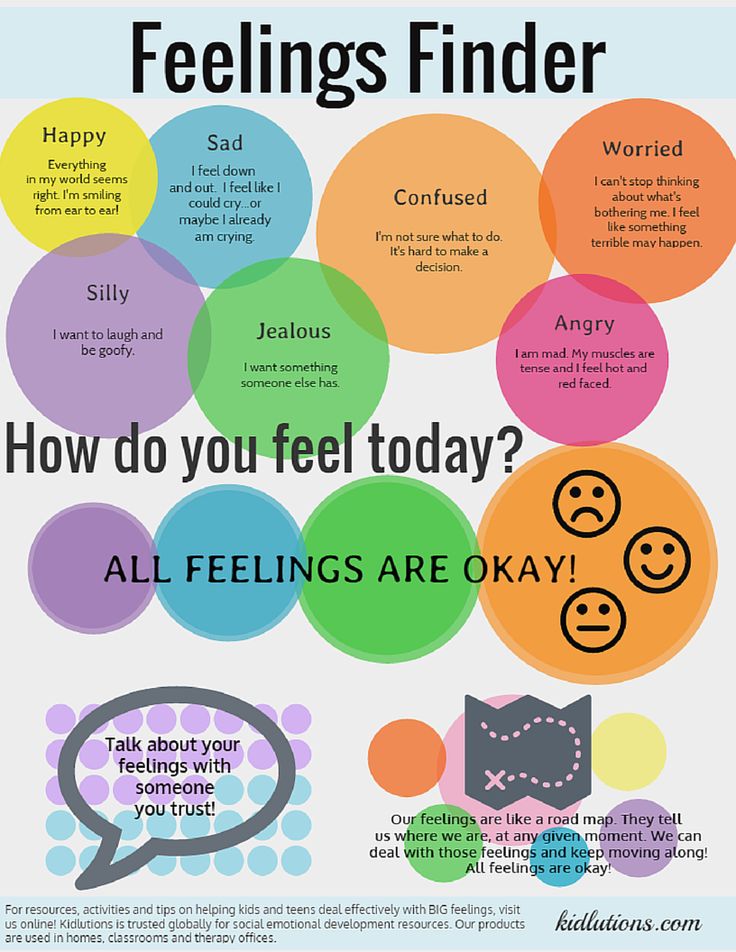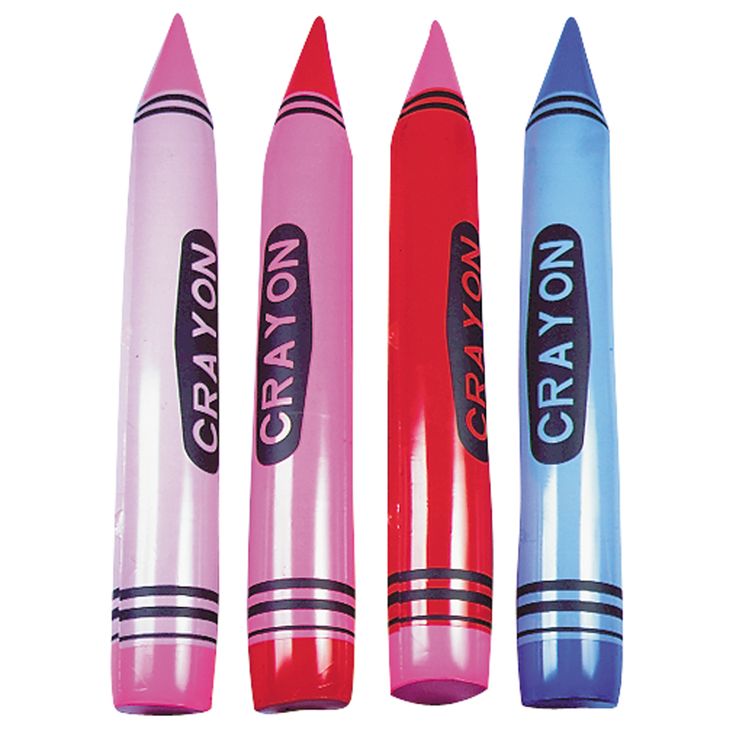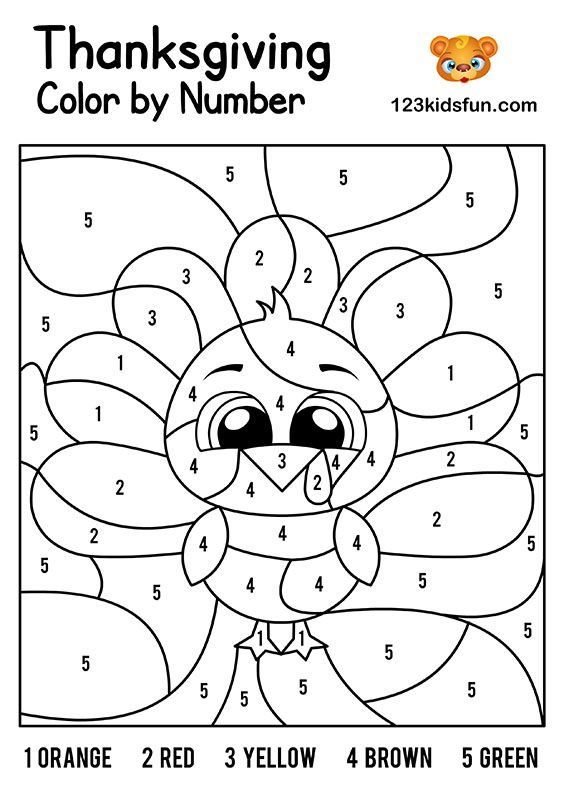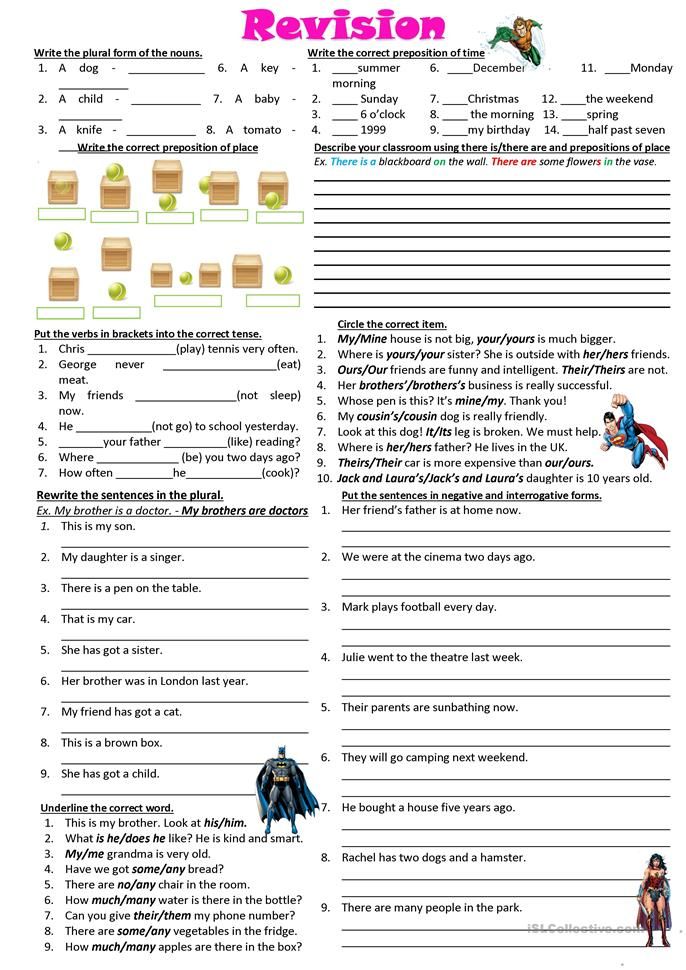Teaching maths to preschoolers
How to Teach Maths to Preschoolers
- Share
Children start developing their mathematical skills while they are still babies exploring their environment and continue into their preschool years.
By the time they are learning formal mathematical concepts in the first grade, the foundation for success is already set.
Here are some tips for how to teach maths to preschoolers at school or at home by using hands-on activities and following a concrete-pictorial-abstract approach.
What are Early Maths Skills?Early maths refers to the mathematical concepts and skills a child builds informally during the first few years. These are also called pre-maths skills or early numeracy skills.
It is essential to first develop these before trying to introduce maths concepts that are too advanced.
When introducing your child to maths, you may immediately think of numbers and start with counting, recognizing the numbers and adding or subtracting them.
While learning to count to 10 is fun for young kids, understanding the value of these numbers and what they represent is an advanced skill.
If you ask a very young child to count 5 objects by touching them one at a time, you might see them count the same object twice or skip over some.
It’s important to first understand how children learn mathematical concepts and then help them develop early mathematical skills.
How Children Learn Maths: The Concrete Pictorial Abstract ApproachThe three stages of learning any mathematical concept are concrete, pictorial and abstract.
The Concrete StageIn the concrete stage, children need to physically experience a concept. They need to develop an understanding of one item by holding one block.
By playing with concrete objects, children form the concept that there can be one object, multiple objects, less objects, more objects, etc.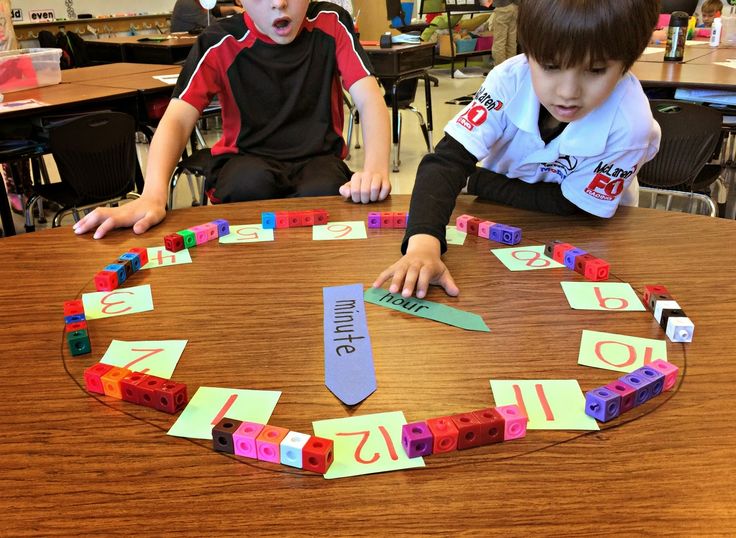
Many mathematical processes are going on while children build a tower of blocks or make mud cakes in the sand pit. They learn concepts such as more, less, one more, not enough, how many, plenty, fewer, take away and add on.
Children compare objects and learn that a value can be attached to objects.
The Pictorial StageIn the pictorial stage, which follows the concrete stage, children are able to see a picture of objects and understand that it represents real objects.
For example, a child can look at a picture and understand that the 4 leaves represent 4 actual leaves.
Later on, a child can see a dice with 4 dots on it and assign the value 4, knowing that the dots could hypothetically represent any object.
They would then be able to add the 4 dots on one dice to the 3 dots on another and say there are 7 dots altogether.
The Abstract StageThis is the final stage of understanding a mathematical concept.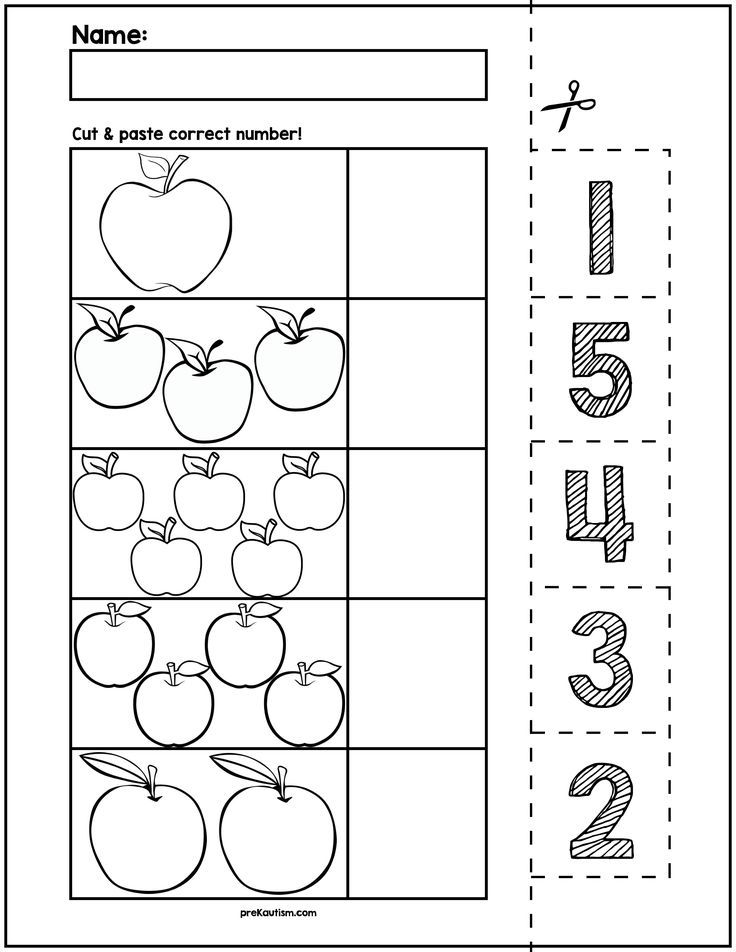 It means that a child can look at a sum, e.g. 4 + 3, written in number symbols, and add them without concrete objects or pictures.
It means that a child can look at a sum, e.g. 4 + 3, written in number symbols, and add them without concrete objects or pictures.
The child has matured enough to understand that the symbols 4 and 3 represent a number of objects to be added.
This post contains affiliate links for educational products that I personally recommend. If you purchase through one of them, I earn a commission at no extra cost to you. Read the terms and conditions for more details.
Are Preschoolers In the Concrete, Pictorial or Abstract Stage?Preschoolers are mostly in the concrete stage.
In fact, up until the third or fourth grade, any teacher worth their salt will still introduce a new concept in a concrete way before moving on to books or worksheets with examples to solve.
When children understand a concept concretely, it is then much easier to solve abstract problems.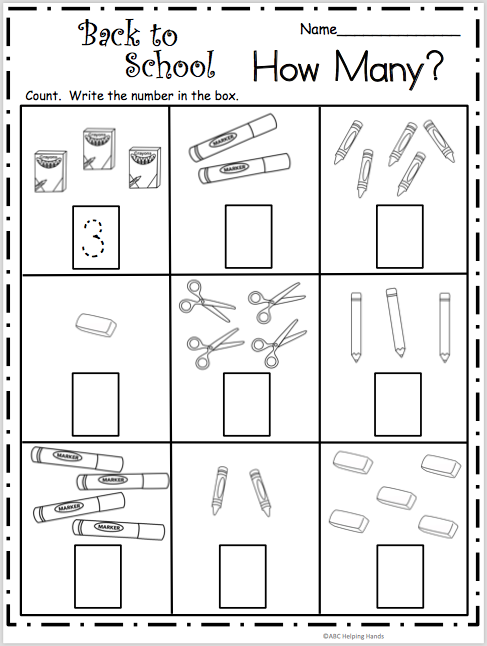
This means that in the preschool years, trying to push a child to count pictures of objects or understand the value of the number symbols is premature and will cause frustration.
You may want to expose your child to numbers (e.g. playing with wooden numbers like these or magnetic number tiles) or rhymes that teach counting, but do not expect your child to understand the value of these numbers yet.
How to Teach Maths to Your Preschooler: 15 Simple ActivitiesThe best method for teaching mathematics in early childhood is through their main medium of learning – play.
This means that during these early years children don’t need formal lessons, activity sheets and workbooks. Maths for preschoolers should be all about fun.
Here is a list of just a few basic everyday opportunities that double up as the perfect preschool maths activities.
1.
Play With ShapesPlaying with foam or wooden shapes familiarises your child with basic geometric shapes, as well as their properties.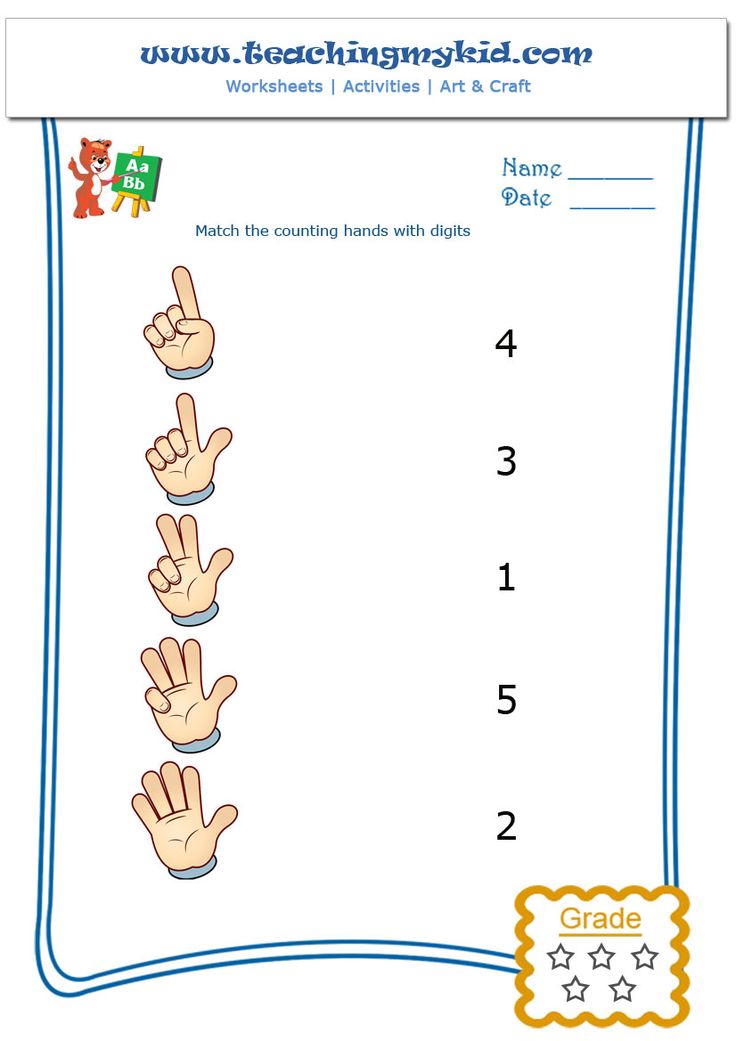 It teaches shape recognition.
It teaches shape recognition.
2.
Make Shape PicturesCut basic shapes out of coloured paper and make a picture out of them. Children learn to join 2D shapes together to make different forms.
Tangrams (like these) are great for making pictures with shapes.
3.
Build PuzzlesPuzzles are excellent for developing visual perception and will build a child’s understanding of geometry.
Choose good quality wooden puzzles with a wooden tray.
4.
Play With PegboardsPegboards are another great activity for building maths skills in preschoolers. They develop number concepts and geometrical knowledge.
5.
Build FortsThis may not seem like a maths activity, but building forts and other structures and climbing inside them is the first step in a child learning about space and shape. These early play sessions are a must.
6.
Use ManipulativesThere are so many benefits of playing with blocks that children should have opportunities to play with blocks and all kinds of manipulatives daily.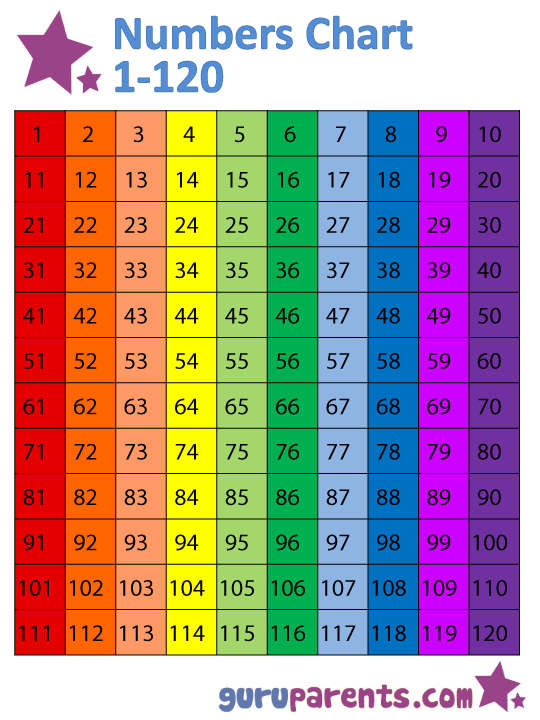
Offer beads, counters and objects for loose parts play. There are also many benefits of Lego and other construction toys.
Playing with blocks is the first step in building a number concept and every child should have a good set of wooden blocks at home. This set is perfect for the classroom or home.
7.
Make Mud PiesWhen children play in the sandpit and make mud pies and other structures, they begin to use terms such as “I need to make another one,” “There are 3 cakes” or “I made one for each of us.”
8.
Learn Counting SongsCounting songs are a fun way for a young child to learn to count forwards and backwards. This is known as rote counting.
They also learn about increasing and decreasing quantity in songs such as Five Green Bottles.
9.
Play With NumbersLet your child play with foam, rubber, wooden or plastic numbers in the bath or on a magnetic board.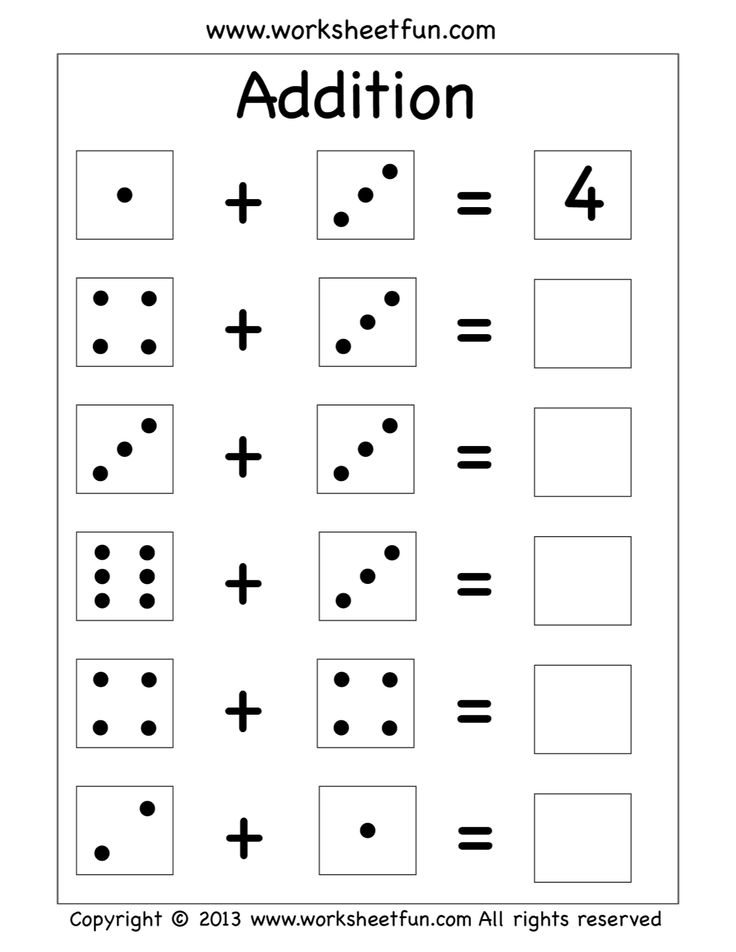 Because they are physical objects, your child can touch them and feel their shapes.
Because they are physical objects, your child can touch them and feel their shapes.
This is far more meaningful to a young child than looking at numbers on an activity page. With time, they will naturally learn to recognize them and know how they are formed.
10.
Make Playdough NumbersPlaydough is one of the best substances out there, with some amazing benefits.
Get kids to mould the numbers out of playdough. This sensory activity will imprint the numbers in your child’s mind far quicker than trying to write the numbers on paper.
11.
Play With ContainersProvide containers of different sizes and shapes and let your child discover the basics of capacity while having fun in the bath or sandpit.
Baking is a great mathematical experience. Let your child be involved in measuring the ingredients to introduce them to units of measurement and quantities.
12.
Measure ObjectsAsk your child to measure certain objects – such as a book, table or room – using body parts like hands or feet, and later objects, such as a block or book.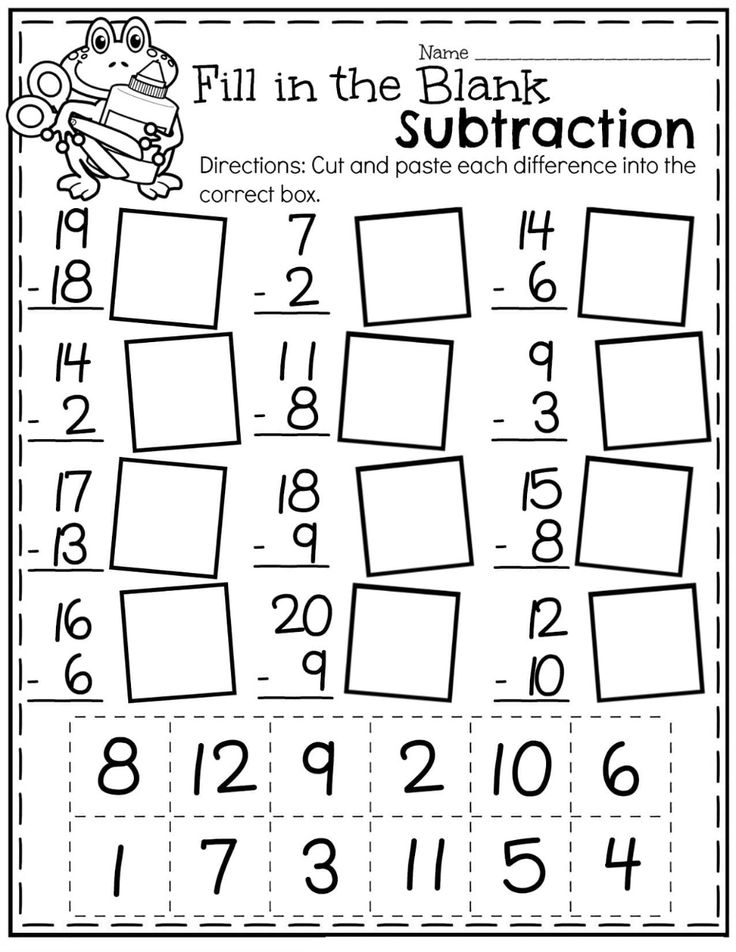
Children must first learn to measure length using non-standard items before they can be introduced to standard measurements.
13.
Talk About TimeFind opportunities daily to talk about time. Use the daily routine as a starting point.
Discuss concepts such as the time of day (morning, afternoon) as well as clock time (“I’ll pick you up at 12 ‘o clock after storytime”).
14.
Play With ObjectsGive kids different objects and ask them to feel which are heavy or light and to compare the weight of different objects.
Use a balancing scale (or make one) and place various household items on it.
15.
Problem SolveProblem solving can be the most, um… problematic, of all the maths tasks! Children in the grades often struggle to visualize problems and what they actually mean.
They often resort to guessing operations (e.g. it says more so I should add) without having any idea what the problem is actually about and how, when visualized, the solution is usually so logical.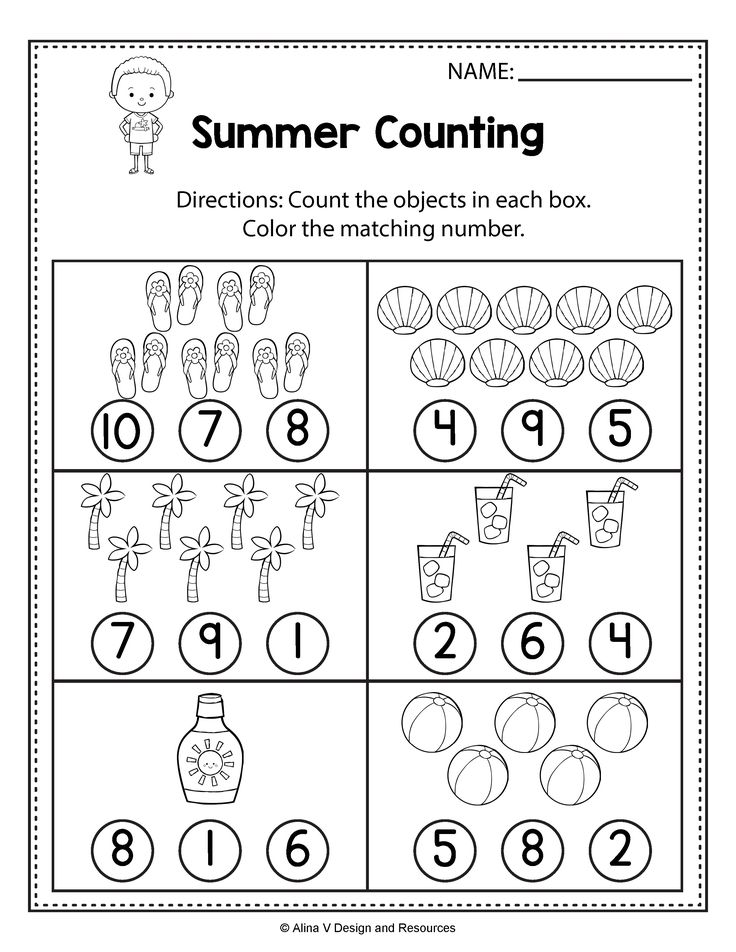
The best way to prepare children for problem solving is to give non-stop opportunities to actually solve real problems.
Encourage children to develop critical thinking skills.
You don’t necessarily need to be giving mathematical problems, just general problems that require training the brain to think, and think outside the box.
Allow many opportunities to:
- Build puzzles
- Solve brainteasers such as tangram puzzles
- Solve riddles
- Play games that require thinking
- Play with construction toys (e.g. figuring out how to make a bridge that doesn’t fall)
- Discuss problems and solutions during storytime
- Ask children for solutions to everyday problems
As you can see, most play experiences have hidden opportunities for learning maths.
Learn to recognize them and use them to consciously teach certain skills. Remember to introduce new vocabulary and ask questions constantly during play.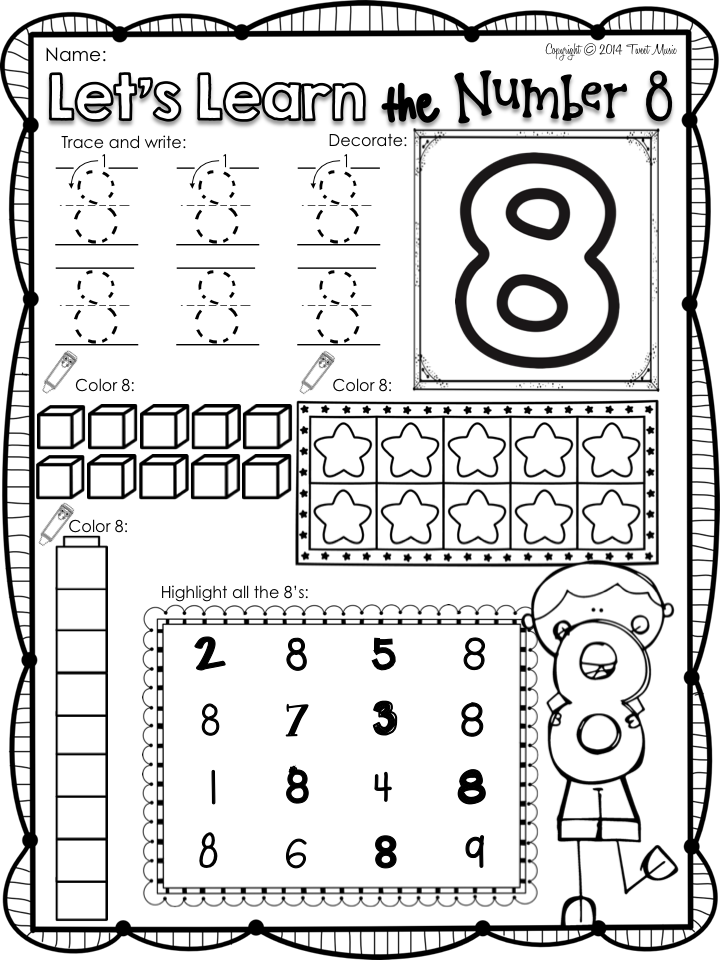
Introduce words such as: heavier, lighter, longer, shorter, earlier, later, more, less, more than, less than, fewer, extra, not enough, altogether, left, another, full, empty, matching, same, different.
I hope you’ve enjoyed reading this article and have some new ideas to try.
Get FREE access to Printable Puzzles, Stories, Activity Packs and more!
Join Empowered Parents + and you’ll receive a downloadable set of printable puzzles, games and short stories, as well as the Learning Through Play Activity Pack which includes an entire year of activities for 3 to 6-year-olds.
Access is free forever.
Signing up for a free Grow account is fast and easy and will allow you to bookmark articles to read later, on this website as well as many websites worldwide that use Grow.
- Share
31 play-based ways to teach math to preschoolers
Play-based math lessons for children ages 0-5
Even before children reach preschool age, they start to develop their mathematical skills as they interact with — and learn from — the world around them.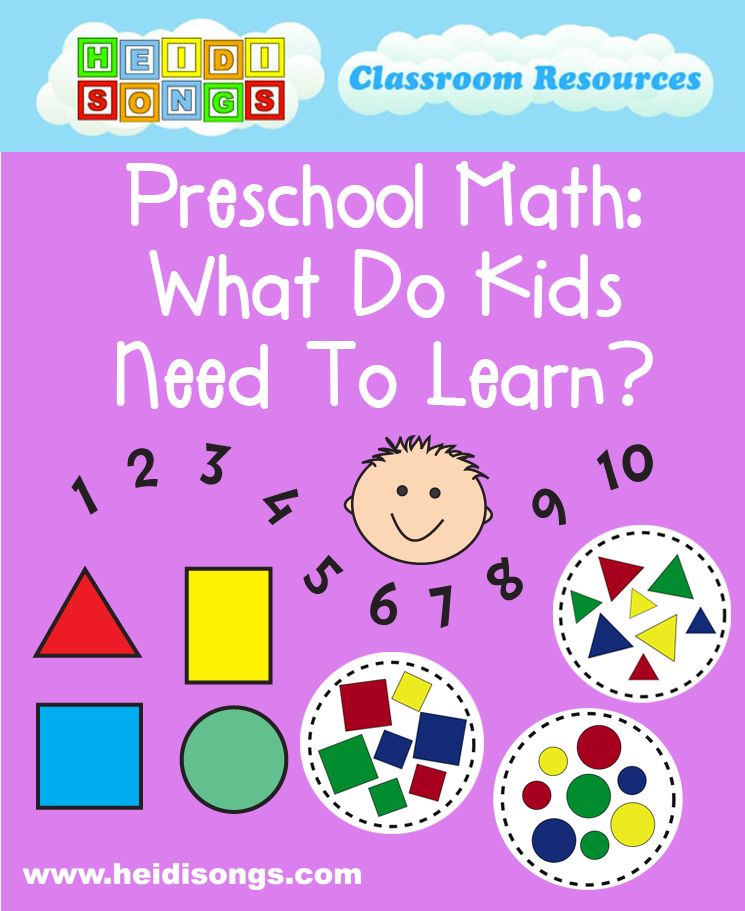 When the skills they learn relate to numbers and math, they're known as early math skills, which are the skills and concepts a child builds during the first few years of their life.
When the skills they learn relate to numbers and math, they're known as early math skills, which are the skills and concepts a child builds during the first few years of their life.
Sometimes, these skills can also be referred to as pre-math skills or early numeracy skills. Before children can get to what adults think of as math, like addition and subtraction, there are actually some steps to learning mathematical concepts they must satisfy in order to advance.
Babies: Math skills learned at 0-12 months old
- Babies begin to observe the shape, size, and color of objects between 0-4 months
- They can tell the difference between a picture that shows 2 things and a picture that shows 3 things (though they obviously can’t communicate it)
- They begin to predict things and might be surprised if something that typically happens twice happens three times
- Begins classifying objects, for example, toys that have sound and toys that don’t
- Develops an understanding of cause and effect (this is one reason babies like to throw food - they throw, you pick it up - cause & effect)
- Starts to understand relative size - for example you are bigger than they are
- Around nine months babies can start to tell the difference between groups of items that have different quantities, for example one group has 5 toys and one group has 10
- Starts to understand words that describe quantities, for example bigger, smaller, more
Children develop math skills from birth!
Toddlers: Math skills learned at 1-2 years old
- Toddlers begin to recognize and name numbers
- Learns to recite the numbers 1-10, though they may skip some numbers
- Develops an understanding that numbers represent quantity - for example when you hold up two fingers
- Matches and groups basic shapes
- Starts to understand words that describe measurements, for example faster, slower
- Develops interest in measurement, for example pouring into, and emptying, a cup
- Starts noticing patterns in their environment, including their daily routine and in things like wallpaper
Preschoolers: Math skills learned at 3-4 years old
- Further develops classification skills and compares things using groups, like age or height
- Understands that numerals stand for number names
- Notices shapes in their environment
- Counts up to 20 or beyond and can count numbers in a group
- Spatial awareness improves
- Begins predicting what will happen next based on their understanding of cause & effect
Play-based approaches are the best way to develop math skills in preschoolers.
Kindergarten: Math skills learned at 5-6 years old
- Learns to count on fingers, counting to five on one hand and starting with six on their other
- Recognizes numerals up to 20 or beyond
- Begins identifying the larger of two numbers
- Starts to understand broad time concepts like the days of the week
- Follows multi-step directions when instructed to do something first and next
How to teach math to preschoolers
Children learn best through play and learning math is no exception. But, you don’t need to spend hours setting up math lessons - there are play-based ways to incorporate math into almost everything you do. Remember, math skills go far beyond counting, addition, and subtraction. Math is problem solving, estimation, spatial relations, representation, patterns, and more.
31 Ways to teach preschoolers math
1. Board games
Board games are one of the easiest ways to teach preschoolers math. There are countless opportunities to count! Some of our favorites are Count Your Chickens, Hi Ho Cherry-O, and Hoot Owl Hoot.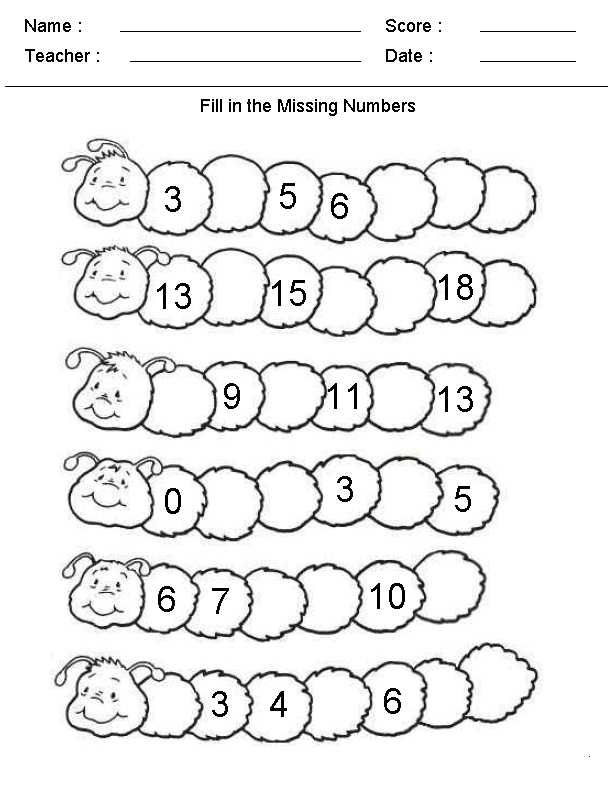
Preparing #Teachers to Teach #Math https://t.co/DnyohQ6N68 #earlyed #preschool #childcare #children #parenting #kids #investinkids pic.twitter.com/nQ76MZdwfC
— 4-C (@4cwisconsin) December 16, 2016
Board games, like Count Your Chickens, develop math skills like counting.
2. Card games
Grab a deck of cards and play Go Fish or Uno. Cards are filled with numbers, shapes, colors, and patterns. War is a super simple game to play to help preschoolers remember which numbers are bigger and which are smaller.
3. Memory matching games
Memory matching games are all opportunities to practice math skills, not just by matching, but when you count how many matches each person has. You can pick one up with your child’s favorite character or use a deck of cards you have on hand.
5. Building blocks
Basic building blocks are one of the best toys for play-based learning around and the possibilities to develop math skills are endless.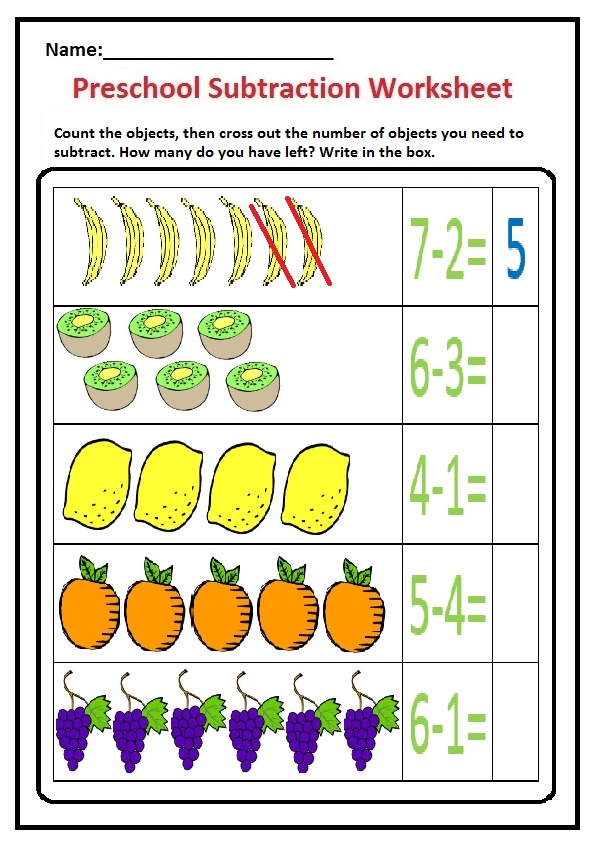 Break out the blocks and as they play, ask your child questions about shapes, the number of sides a block has, and how many blocks they can stack before their tower tumbles.
Break out the blocks and as they play, ask your child questions about shapes, the number of sides a block has, and how many blocks they can stack before their tower tumbles.
6. Read books
We think of books as a way to teach children to read, but there are many play-based ways to teach math using books. Books that have children finding hidden objects, like the I Spy series, are opportunities for counting and pattern recognition.
But, even books that aren’t activity focused provide chances to teach math skills to preschoolers. You can start by simply pointing out page numbers in books, which will help your child with number recognition and help them associate meaning behind the number. Ask your child to turn the page and tell you what the next page number is.
I Spy books are filled with riddles and help develop math skills in toddlers.
6. Find numbers in the environment
We’re surrounded by numbers, which means we’re also surrounded by opportunities for learning play-based math skills.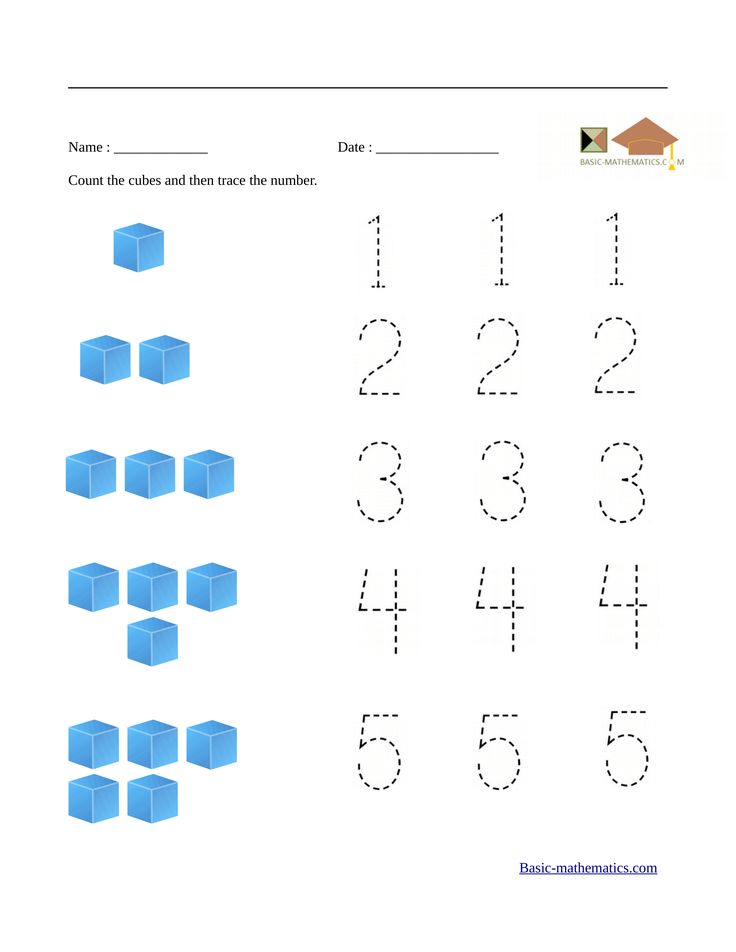 If you’re out and about, make a game out of finding numbers on signs, license plates, in the grocery store, and on clothing tags.
If you’re out and about, make a game out of finding numbers on signs, license plates, in the grocery store, and on clothing tags.
7. Sing counting songs
Music is such an important component of child development and is also a great tool to help preschoolers learn math! YouTube and Spotify have large collections of songs that help develop math skills in preschool children, or just ask Alexa! Songs and rhyming are long-used mnemonic devices to help aid in recall.
8. Set the table
Everyday chores can be fun when you create a math game out of it. Practice counting utensils, plates, napkins, and glasses. Plus, when you fill up your glasses (or drink from them) kids can develop an understanding of measurements.
Find everyday opportunities to incorporate play-based math into your child's day.
9. Play with stickers
Take the opportunity to create patterns and practice counting.
10.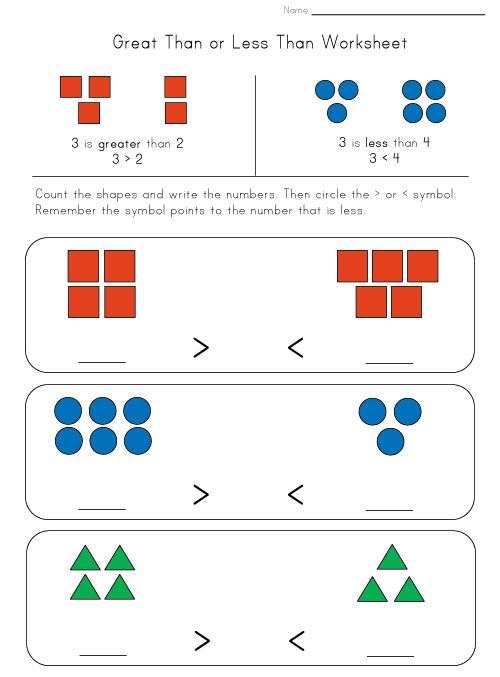 Bake cookies
Bake cookies
Baking and cooking are filled with opportunities to develop math skills. As a bonus, following a recipe helps children learn to connect written words to an action.
11. Online games
Most parents give their children screen time and nowadays, there are so many apps available that incorporate play-based learning, including math. It’s hard to know where to look and which ones are actually good. This list of 27 online educational games for kids is a great place to start, since it’s broken down by academic category as well as age.
12. Go shopping
Shopping can be a great time to introduce preschoolers to financial literacy, which is a key math skill. Pay in cash and have them help count the money.
13. Do a puzzle
Problem solving is one of the most important math skills a preschooler should develop and puzzles are all about problem solving.
14. Play hopscotch
Hopscotch is a numbers game.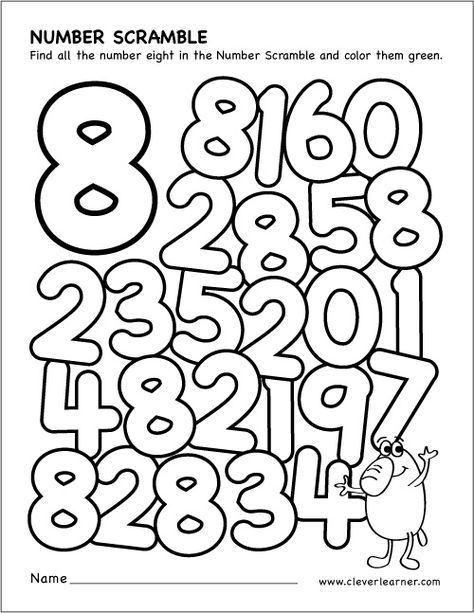 Grab sidewalk chalk and head outside or painter’s tape and create an indoor board on a rainy day.
Grab sidewalk chalk and head outside or painter’s tape and create an indoor board on a rainy day.
Hopscotch is a game of numbers and a fun play-based math lesson for children!
15. Mealtime math
Mealtime is a great time to teach math skills to preschool children. Who has more? Who has less? The glass is half full. How many chicken nuggets are on the plate? How many after you eat one?
16. Sort laundry
17. Dance
Is dancing math? Absolutely! Music uses an 8-count, which is a perfect time to practice math skills.
18. Hang up a growth chart
Math includes measurements and kids love to see how much they’ve grown. Pick one up that includes centimeters and inches and compare the two.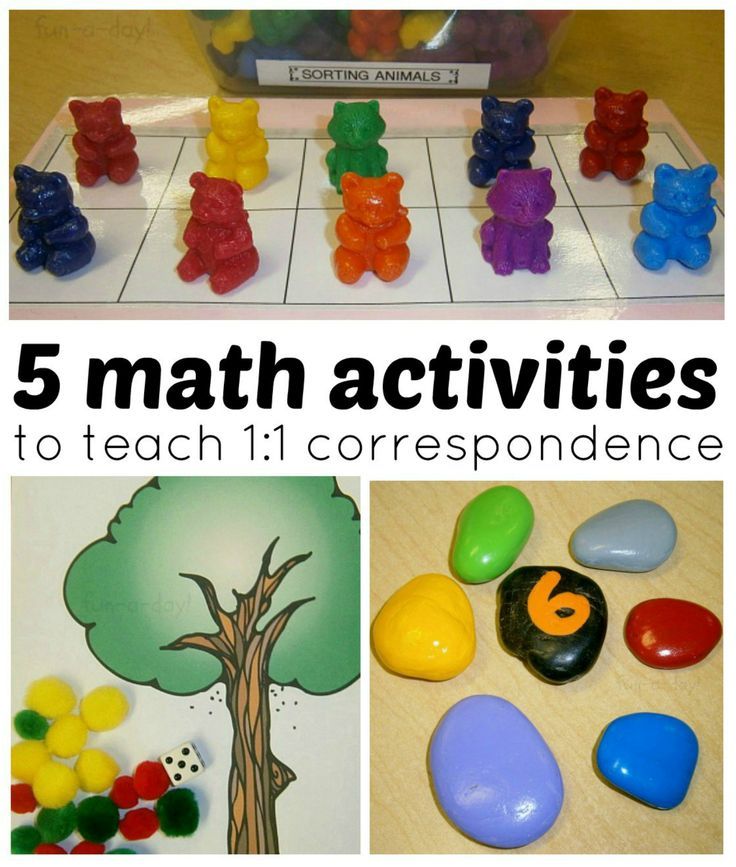
19. Play with tangrams
Tangrams are a super engaging way to help preschoolers learn math. Tangrams are a Chinese geometric puzzle that has seven pieces. The pieces can be rearranged to make other shapes.
Tangrams, like these from We Are Mom Friends, develop math skills like spatial relations and problem solving.
20. Shoot pool
You may have to grab a stool for your preschooler to stand on, but billiards is a math game filled with geometry.
21. Jump
Grab a tape measure and start jumping. You can help your preschooler work on math skills like height, distance, and measurement.
22. Hit the arcade
The arcade is filled with opportunities to practice math. Like billiards, games like pinball, air hockey, and skeeball are games of angles. Of course, checking your score is a math lesson. And if your local arcade gives tickets for prizes, there’s another chance to practice math.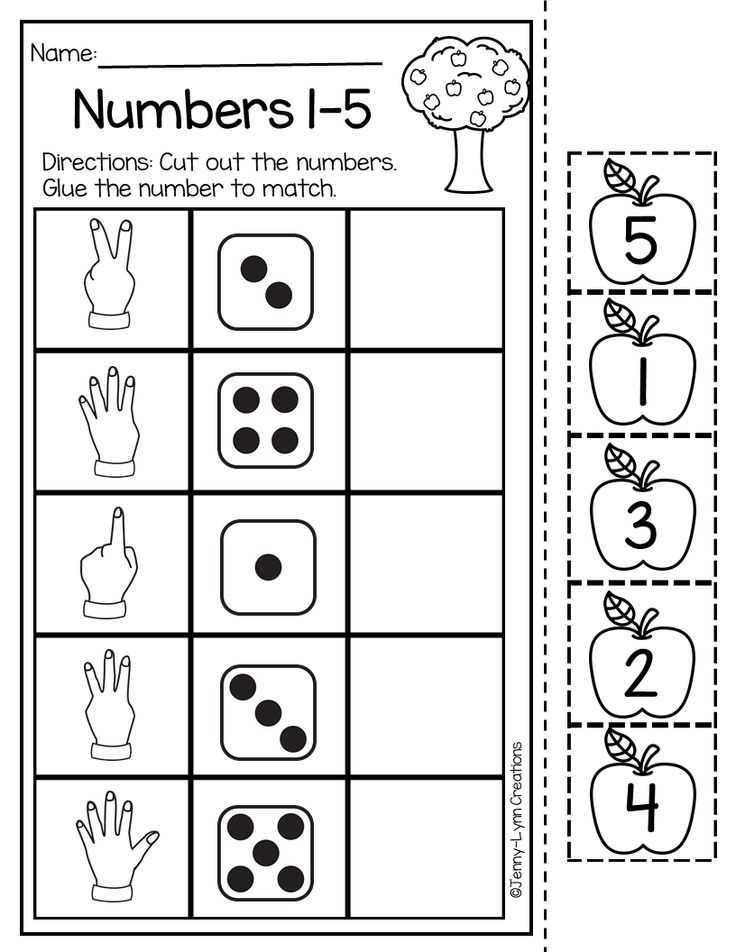
23. Clean up together
Cleaning can be fun and a math lesson for your preschool-age child. Organize while you clean and help your child learn sorting and categorization.
24. Eat pizza
Pepperoni or cheese - it doesn’t matter. Eating pizza is a math lesson in shapes, fractions, and subtraction.
25. Pick flowers
Head outside and pick some flowers (or just look at them if you don’t want to disturb nature). Count the petals and compare different flowers for an easy math lesson.
26. Play dominoes
Every child loves knocking over dominoes. But, they’re also a great way to help teach preschooler math, including the dot patterns, counting, addition, and subtraction.
27. Build with legos
Legos offer so many opportunities to practice math, including counting, geometry, grouping, patterns, addition, and subtraction.
28. Take a walk
There’s no need to create elaborate projects when teaching math to your preschooler.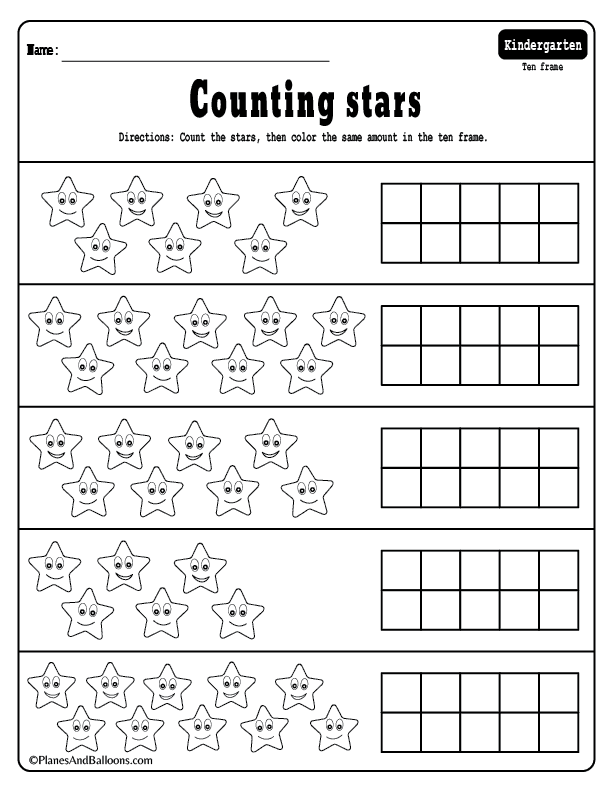 Head out for a walk and find shapes in nature or create a scavenger hunt. Find 10 flowers, 9 trees, 8 insects…
Head out for a walk and find shapes in nature or create a scavenger hunt. Find 10 flowers, 9 trees, 8 insects…
29. Look at bugs
While you’re out on your walk, look for some bugs for a quick and easy math lesson. How many legs does an insect have? What about a spider? Which has more? How many dots on a ladybug?
30. Play with cars
Cars are a math lesson when you start counting tires and group them by size or color. Even more, racing cars is a math lesson too when you time them and compare speed.
31. Create a countdown
A holiday, birthday, or other big event is the perfect opportunity to practice math. Create a countdown to the big day and talk about how many days have passed since you started and how many you have left.
Make learning math fun
Remember, math goes well beyond counting and arithmetic. Take a play-based approach and look for simple opportunities to incorporate math lessons into your day.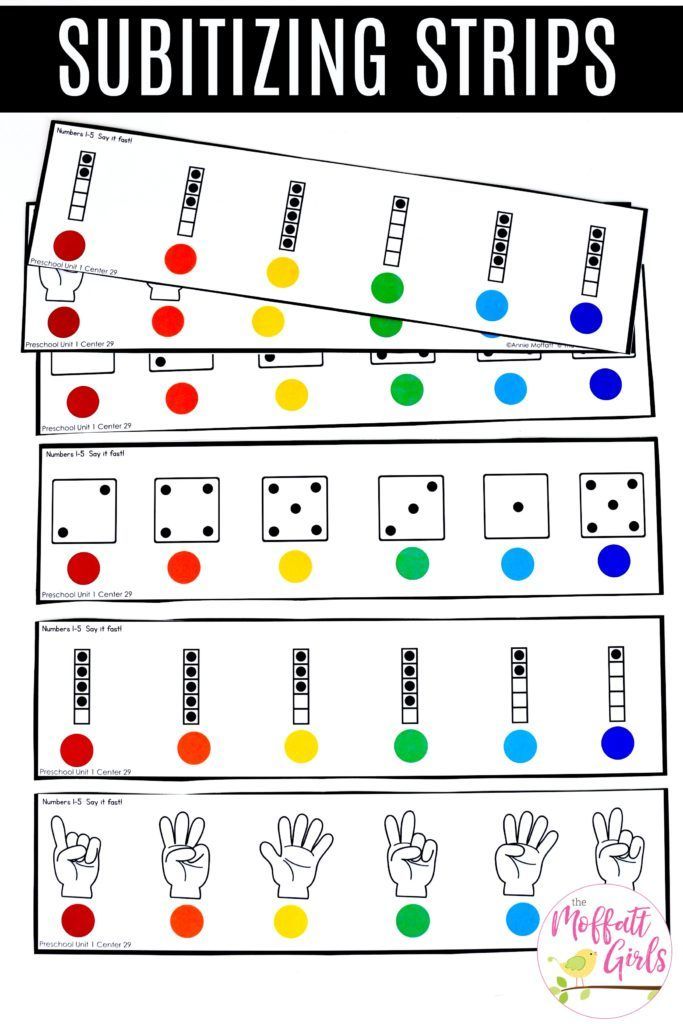 You’ll see your preschooler’s math skills develop in no time!
You’ll see your preschooler’s math skills develop in no time!
Have a favorite play-based way to teach math? Leave it in the comments below.
Paper Pinecone is the #1 most trusted childcare directory giving parents access to the best preschools and best daycares near you. Parents always search free and childcare providers always list free. Send inquiries about the best daycares and preschools to [email protected].
This post contains affiliate links.
Math - A-YES
What we offer
We instill love for the subject
Teaching from simple to complex
We develop logical thinking from preschool age
Deepening the knowledge acquired at school
Preparing for the OGE and USE in mathematics (base and profile)
Areas of study
- Preschoolers
- Junior classes
- Courses for grades 5-7
- OGE in mathematics
- USE in mathematics
Mathematics is an important science to study.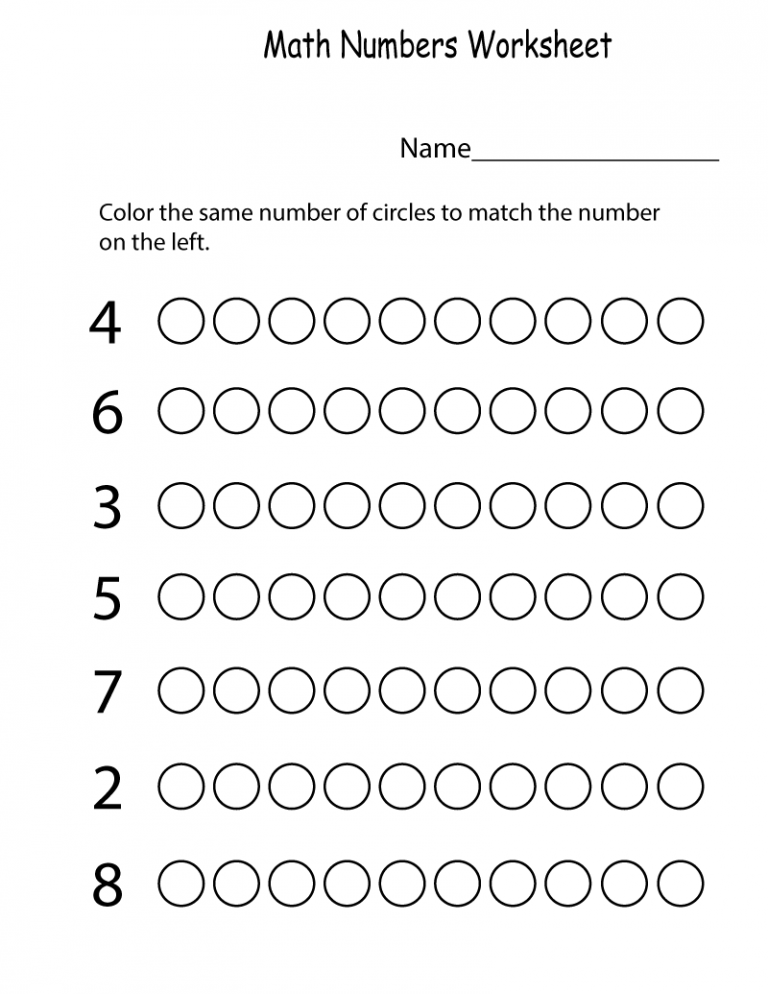 With the help of this subject, the kids develop logical thinking and ingenuity. Numerous experiments of scientists have proved that preschool children who study mathematics have greater mental activity than their peers. Therefore, special attention should be paid to teaching mathematics to preschoolers. Professional teachers of the Educational Center "A-YES" know exactly what knowledge in the field of mathematics is necessary for your child.
With the help of this subject, the kids develop logical thinking and ingenuity. Numerous experiments of scientists have proved that preschool children who study mathematics have greater mental activity than their peers. Therefore, special attention should be paid to teaching mathematics to preschoolers. Professional teachers of the Educational Center "A-YES" know exactly what knowledge in the field of mathematics is necessary for your child.
Quick account
Composing numbers from digits
Knowledge of geometric shapes
Introduction to less than and greater than
Introduction to mathematical terms
subtraction and addition
Classes under the program "MATHEMATICAL INTELLIGENCE" contribute to the development of the basic qualities that are included in the concept of "mathematical mindset": the ability to reason, think in mathematical symbols, the flexibility of thought processes, the desire for clarity, simplicity, efficiency and rationality of decisions.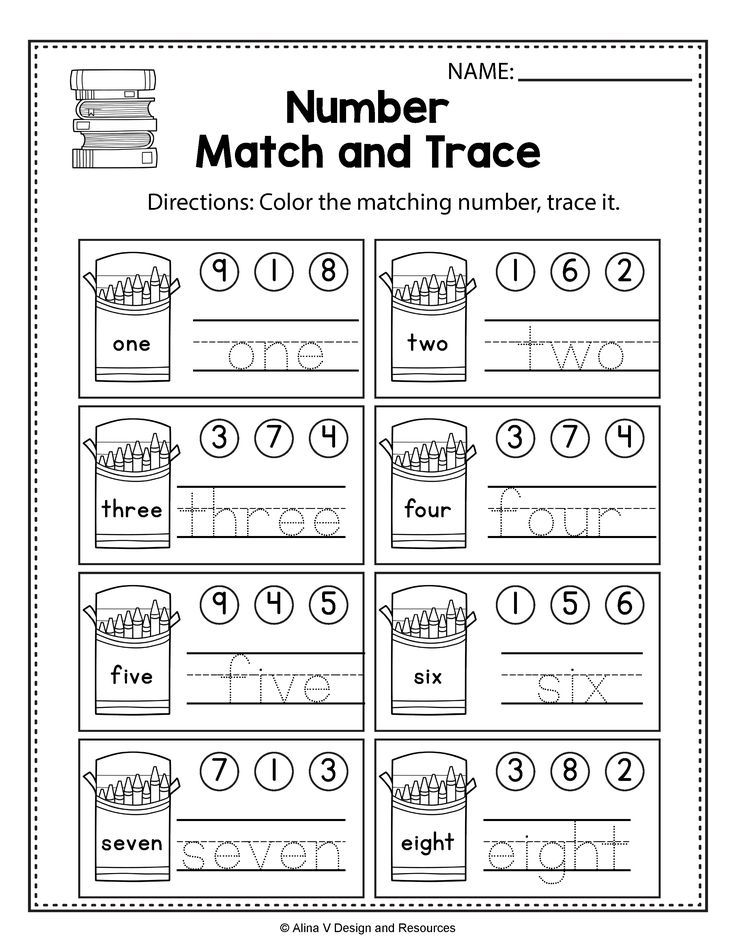 In the course of the classes, the prerequisites are created for the child to successfully master the school curriculum in mathematics.
In the course of the classes, the prerequisites are created for the child to successfully master the school curriculum in mathematics.
Formation of the ability to reason
Development of logical thinking
Development of auditory and visual attention
Development of spatial thinking
Logic Problem Solving Approach
Solving olympiad problems
Mathematics is deservedly considered one of the most difficult subjects in the school curriculum.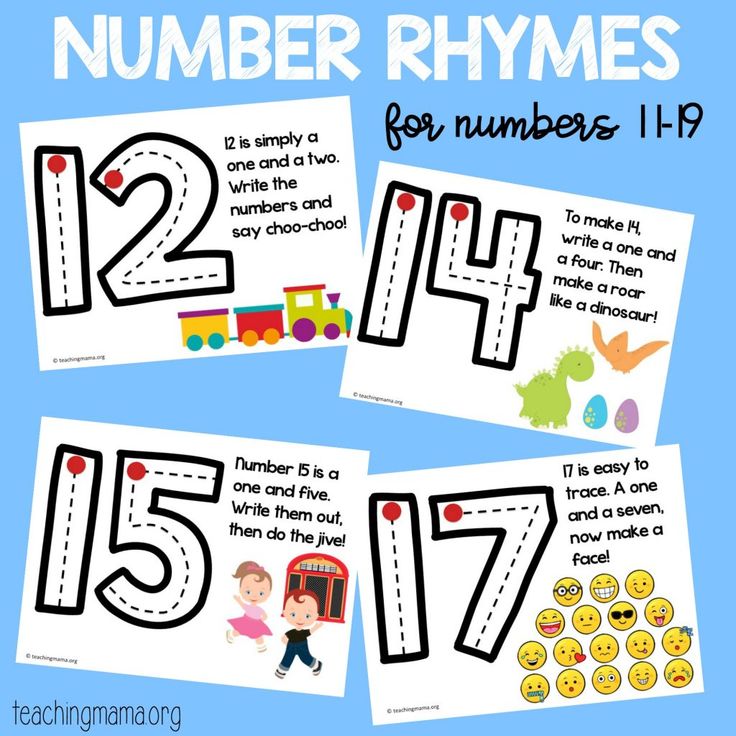 Many students get poor grades in this subject, feel uncomfortable in class, or have certain difficulties preparing for exams, but this is not always due to a lack of disposition towards the exact sciences. In mathematics lessons in any school, the teacher has to provide students with a certain amount of knowledge in the conditions of limited time and a rigid curriculum. The teacher is given only 45 minutes to explain a new topic, check homework and conduct a survey. This time is not enough to sensibly explain incomprehensible points to each student. Because of this, many tests in mathematics are not solved, finding a solution to the equation becomes an insurmountable task, and each upcoming lesson frightens the student more and more. This is followed by lateness, absenteeism, lower academic performance, resentment of teachers and parents, which further exacerbates the situation. Algebra and geometry, which are included in the course of mathematics, are subjects that are taught according to a clear algorithm - from the simplest to the most complex.
Many students get poor grades in this subject, feel uncomfortable in class, or have certain difficulties preparing for exams, but this is not always due to a lack of disposition towards the exact sciences. In mathematics lessons in any school, the teacher has to provide students with a certain amount of knowledge in the conditions of limited time and a rigid curriculum. The teacher is given only 45 minutes to explain a new topic, check homework and conduct a survey. This time is not enough to sensibly explain incomprehensible points to each student. Because of this, many tests in mathematics are not solved, finding a solution to the equation becomes an insurmountable task, and each upcoming lesson frightens the student more and more. This is followed by lateness, absenteeism, lower academic performance, resentment of teachers and parents, which further exacerbates the situation. Algebra and geometry, which are included in the course of mathematics, are subjects that are taught according to a clear algorithm - from the simplest to the most complex.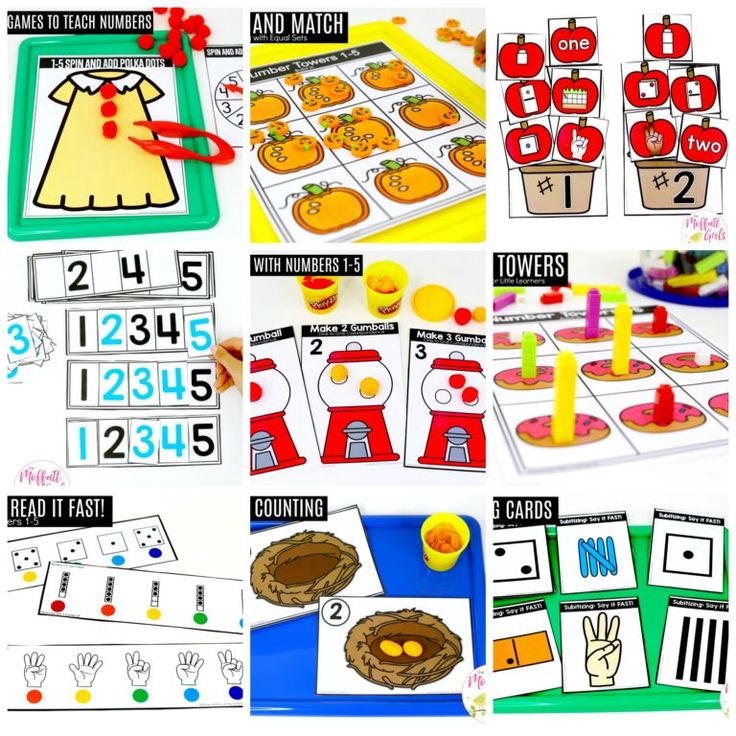 Each subsequent theme is directly or indirectly a continuation of the previous one. With each lesson, the tasks in mathematics become more complicated, so if the student has not properly mastered the material that was explained earlier, then he is unlikely to cope with the current tasks. It is as difficult as solving an equation for a person who does not know the multiplication table.
Each subsequent theme is directly or indirectly a continuation of the previous one. With each lesson, the tasks in mathematics become more complicated, so if the student has not properly mastered the material that was explained earlier, then he is unlikely to cope with the current tasks. It is as difficult as solving an equation for a person who does not know the multiplication table.
Repairing gaps in knowledge
We help to achieve high-quality assimilation of the material in the future
Emphasis on the technique of solving algebraic problems
Methods and techniques for solving not a single problem, but a whole class of problems united by a common structure are shown
Classes help to form a system of knowledge
Relationships can be traced between different topics in the school curriculum
The traditional school mathematics course can be divided into two areas: studying and consolidating the material in the classroom, and independent homework to consolidate the knowledge gained.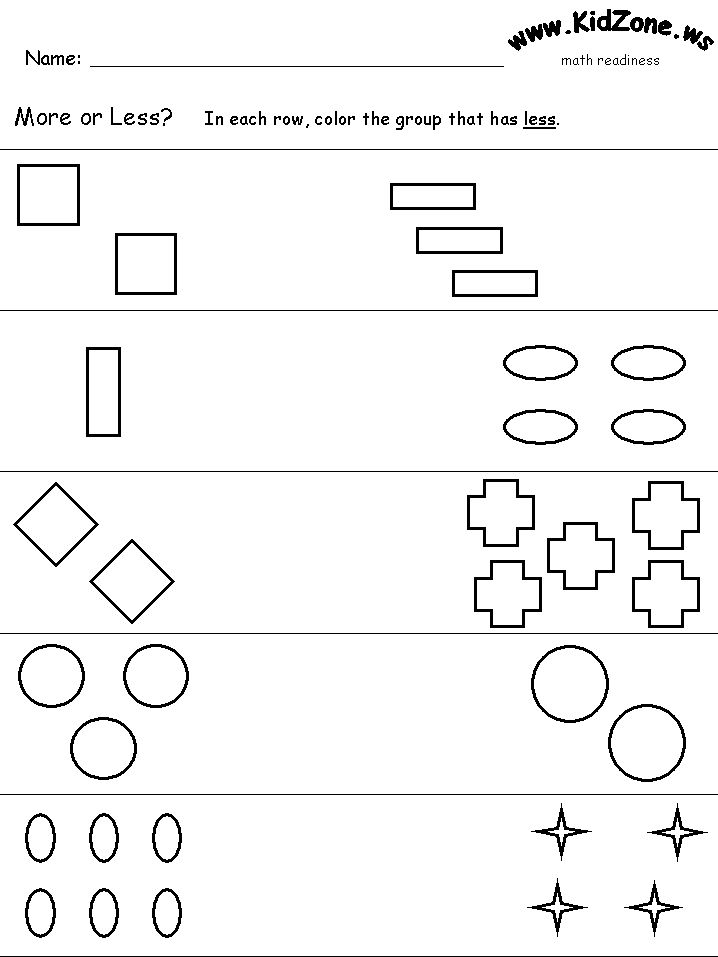 Unfortunately, at present the school course cannot cover all the necessary material. If something is studied by the express method during the school course, then some aspects of the material being covered generally remain outside the school classroom. Sometimes school teachers get out of the situation by leaving such materials for extracurricular activities, exclusively for those who want to devote separate time and attention to this. But the use of these materials can greatly facilitate the solution of the relevant tasks included in the OGE program! Therefore, their independent development in the course of preparation for both the OGE and the subsequent USE is of great importance. Our Educational Center in Alexandrov can significantly help in mastering the necessary material and pull up the student both in the current curriculum of the school mathematics course and expand his knowledge with additional materials that remain outside the school mathematics course, but will significantly affect the result of the OGE.
Unfortunately, at present the school course cannot cover all the necessary material. If something is studied by the express method during the school course, then some aspects of the material being covered generally remain outside the school classroom. Sometimes school teachers get out of the situation by leaving such materials for extracurricular activities, exclusively for those who want to devote separate time and attention to this. But the use of these materials can greatly facilitate the solution of the relevant tasks included in the OGE program! Therefore, their independent development in the course of preparation for both the OGE and the subsequent USE is of great importance. Our Educational Center in Alexandrov can significantly help in mastering the necessary material and pull up the student both in the current curriculum of the school mathematics course and expand his knowledge with additional materials that remain outside the school mathematics course, but will significantly affect the result of the OGE.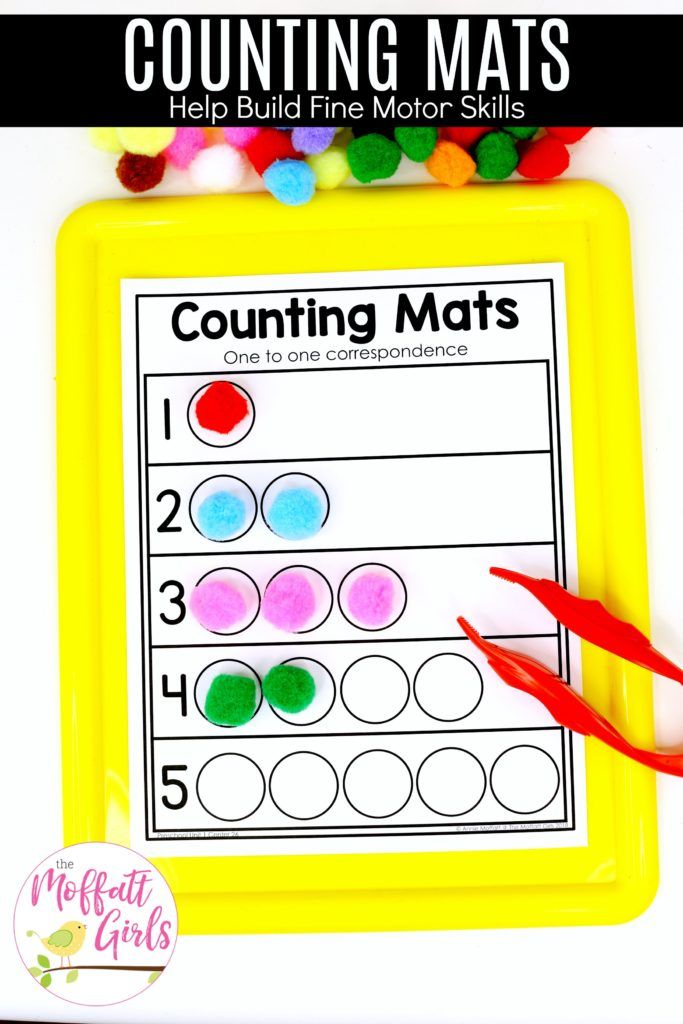 Our course of preparation for the OGE at the Educational Center in Alexandrov in Mathematics includes an intensive repetition of the school curriculum of the mathematics course, practicing and detailed analysis of the OGE test tasks at each lesson, trial passing the OGE and subsequent work on the mistakes. In our Education Center, during the entire course, intermediate testing of students is carried out to understand the quality of assimilation of the material and the current level of knowledge in mathematics.
Our course of preparation for the OGE at the Educational Center in Alexandrov in Mathematics includes an intensive repetition of the school curriculum of the mathematics course, practicing and detailed analysis of the OGE test tasks at each lesson, trial passing the OGE and subsequent work on the mistakes. In our Education Center, during the entire course, intermediate testing of students is carried out to understand the quality of assimilation of the material and the current level of knowledge in mathematics.
Systematization of acquired knowledge
Repetition of acquired knowledge in mathematics after studying the school curriculum
Development of the student's perceptual flexibility
Ability to analyze and find optimal methods for solving mathematical problems
Competent formulation of solutions to problems in mathematics
Ability to competently build mathematical algorithms in writing
The school curriculum in mathematics involves two areas of study of the material: the study of a mathematics course in school classes and independent homework to consolidate the knowledge gained in mathematics.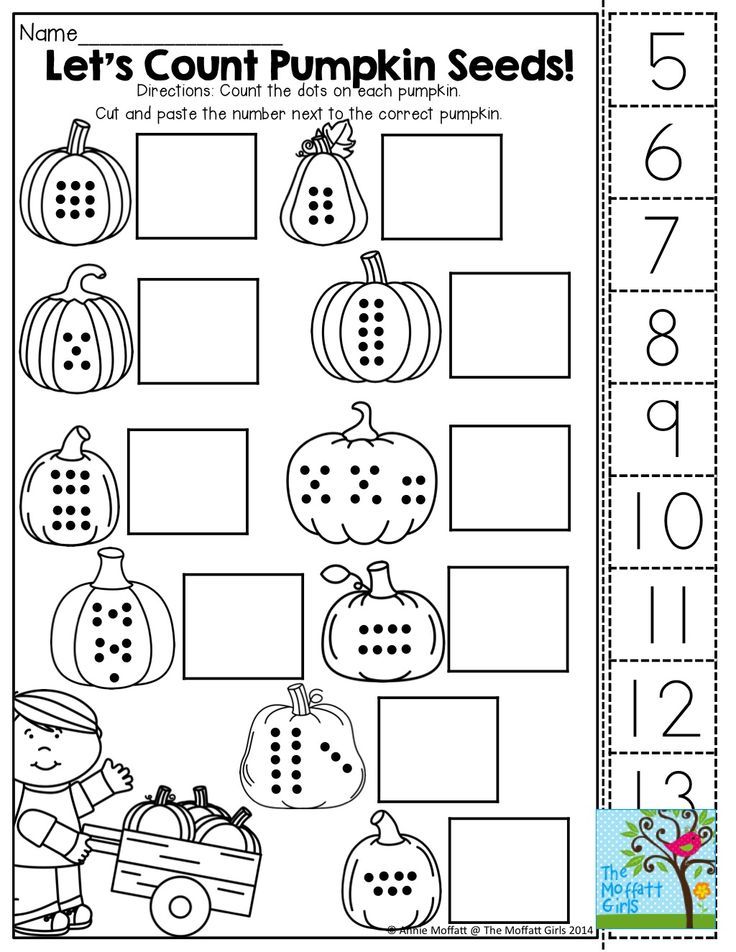 Also, great importance is given to the student's independent work on mastering the material of the mathematics course. Unfortunately, at present, the curriculum of the school mathematics course is not able to cover all the methods and tasks necessary for students to successfully pass the exam in mathematics. Our Educational Center in the city of Alexandrov is ready to help any student in this, and not only to qualitatively and reliably prepare him for passing the exam in mathematics, but also to provide a reliable knowledge base for the school course in all sections of mathematics, regardless of the current level of knowledge gained. In our Educational Center in the city of Alexandrov, much attention is paid to the gaps in the knowledge of students in such sections of mathematics as algebra, geometry and the beginning of mathematical analysis, which will be necessary for the successful passing of the exam in mathematics.
Also, great importance is given to the student's independent work on mastering the material of the mathematics course. Unfortunately, at present, the curriculum of the school mathematics course is not able to cover all the methods and tasks necessary for students to successfully pass the exam in mathematics. Our Educational Center in the city of Alexandrov is ready to help any student in this, and not only to qualitatively and reliably prepare him for passing the exam in mathematics, but also to provide a reliable knowledge base for the school course in all sections of mathematics, regardless of the current level of knowledge gained. In our Educational Center in the city of Alexandrov, much attention is paid to the gaps in the knowledge of students in such sections of mathematics as algebra, geometry and the beginning of mathematical analysis, which will be necessary for the successful passing of the exam in mathematics.
Systematization of knowledge
Generalization of acquired knowledge in mathematics
Addressing gaps in knowledge
Completion of missing material
Mastering the most difficult sections
Ability to analyze and find optimal solutions
Is your Center licensed? Is it possible to use a certificate of additional education?
Yes! Our center has all licenses for training!
From what age is training possible?
Education in our center is possible from the age of 3!
How can parents track their child's progress?
During the course, systematic tests are provided, the results of which are sent to parents.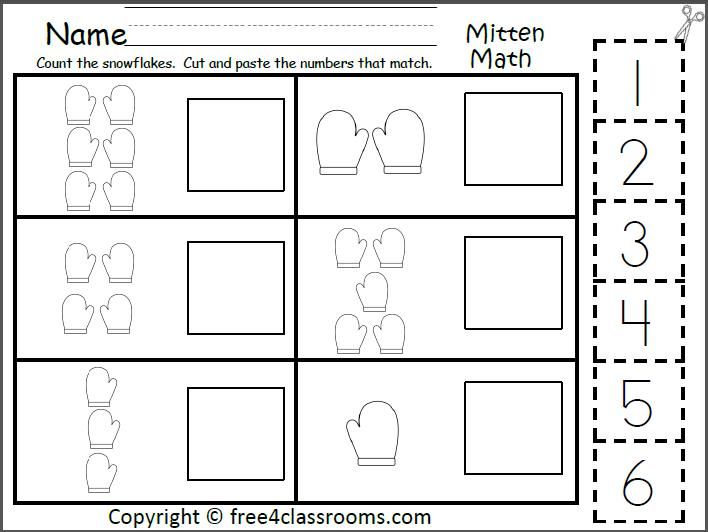 In addition, parents can always come to the Center and personally talk with the teacher in order to receive feedback. Also, the Center has the opportunity to prepare and pass the Cambridge exams, which guarantee the most objective assessment of the student's level of English proficiency.
In addition, parents can always come to the Center and personally talk with the teacher in order to receive feedback. Also, the Center has the opportunity to prepare and pass the Cambridge exams, which guarantee the most objective assessment of the student's level of English proficiency.
Our teachers
Our news
Reviews about us
High level of teaching. Interesting approach to learning. If you have a desire to learn, they will teach you in a short time
Tatyana Fedorova
I did not believe that I could ever overcome the language barrier. But I did it! Now I communicate with foreigners while traveling, and I understand almost everything they say! Thanks to the YES Center!
Natalia Zh.
A wonderful center! My son studied here. The teachers of the center prepared him for entering an elite school. I studied English and German here. Now I am studying here.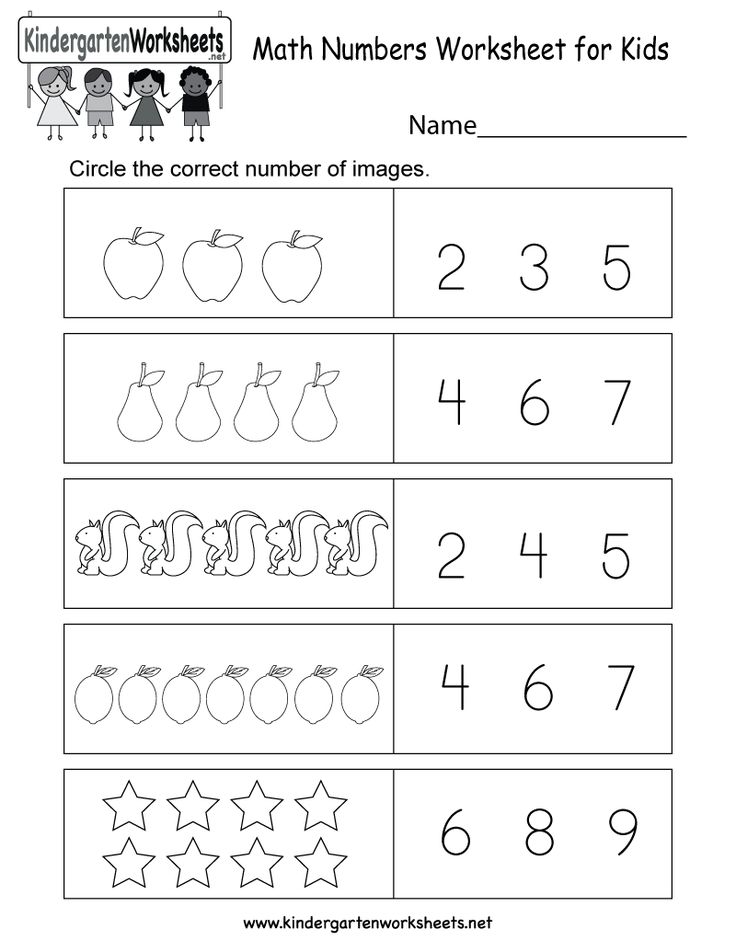 Entertaining and comfortable. The teachers are wonderful!!! Sister takes her nephew. Yesterday I saw him reading and translating a story about a circus. In second grade ! Very cool! I recommend to all!!!
Entertaining and comfortable. The teachers are wonderful!!! Sister takes her nephew. Yesterday I saw him reading and translating a story about a circus. In second grade ! Very cool! I recommend to all!!!
Nicholas S.
Mathematics education in preschool
Mathematics education at preschool educational institution.
Modern approaches to the formation of the foundations of the mathematical culture of preschoolers.
The entry of children into the world of mathematics begins already in preschool childhood. Mathematics is a universal method of cognition of the surrounding and objective world, and its role in modern science is constantly growing. Changes in conceptual approaches to determining the content and choice of methods for teaching mathematics at school, the widespread use of modern educational technologies have also determined the requirements for the mathematical preparation of preschool children.
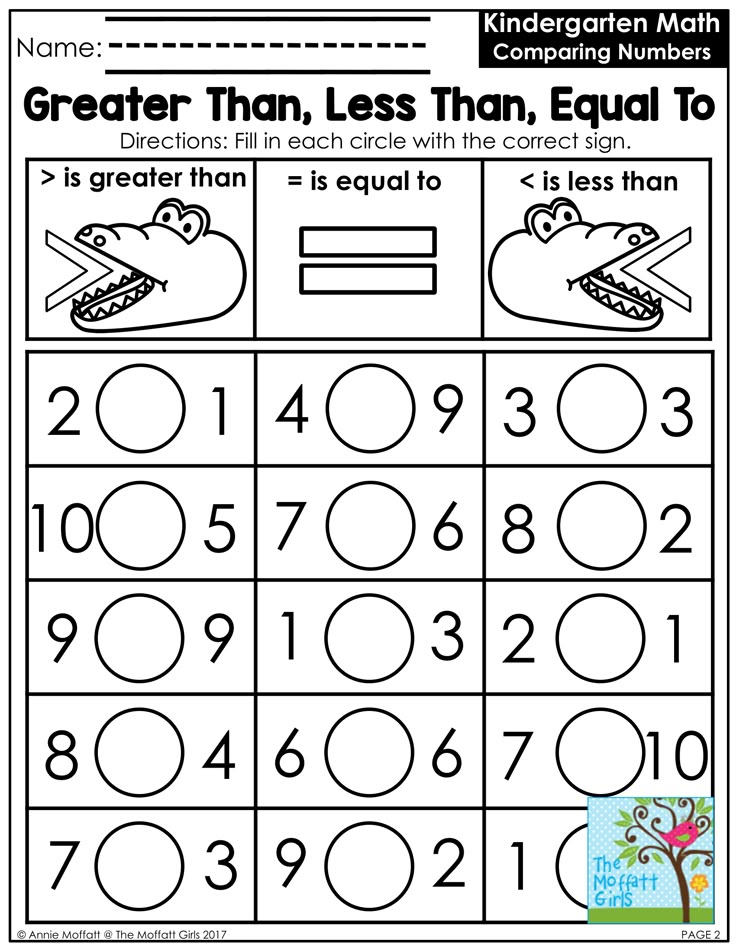
Today "mathematics is more than a science, it is a language". The study of mathematics improves the culture of thinking, teaches children to reason logically, educates them in the accuracy of their statements. Mathematical knowledge and skills are necessary for the successful adaptation of the child to the processes of social communication, informatization and technologization of society. They broaden the horizons of the child. Mathematical culture is an integral part of the general culture of the individual, and in the period of preschool childhood it has its own characteristics associated with the age and individual capabilities of children.
Traditionally, there are four lines in the content of mathematical education for preschool children: arithmetic, algebraic, geometric and magnitude. Today, taking into account the renewal of the content of preschool education, a fifth content line is added - algorithmic (schemes, models, algorithms). The use of information in a symbolized form contributes to the development of the ability to act mentally, develops logical and creative thinking, and imagination.
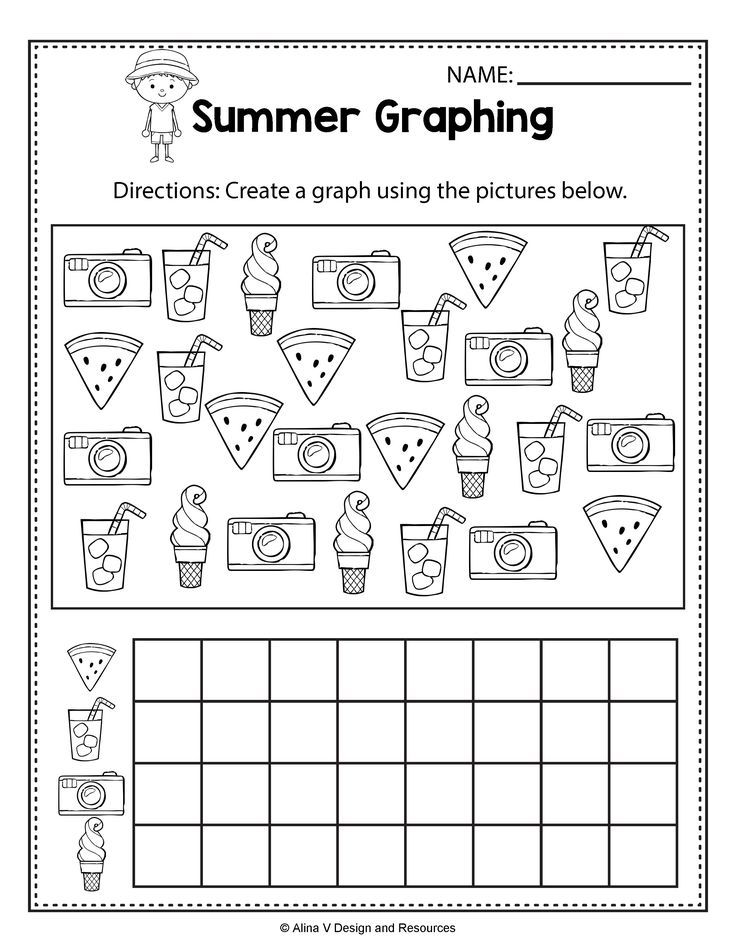
The adoption of the Federal State Educational Standard for preschool education will require the need to provide, as a prerequisite, the possibility of a child's self-realization at all stages of work on mathematical development in the preschool education system.
Mathematical material should be revealed during excursions, acquaintance with literary works and small forms of folklore, games with natural material (water, sand, beans, peas, cereals), through game exercises with sensory standards, household items, constructive and didactic games , in problem situations. All these forms vary according to age.
During their stay in kindergarten, a graduate must learn to apply mathematical knowledge and ideas in practical activities that are significant for him: play, children's experimentation, design, work, art and visual.
And as a result of self-realization, the child will develop learning motivation. Thus, the priority tasks of continuous education of children will be solved.
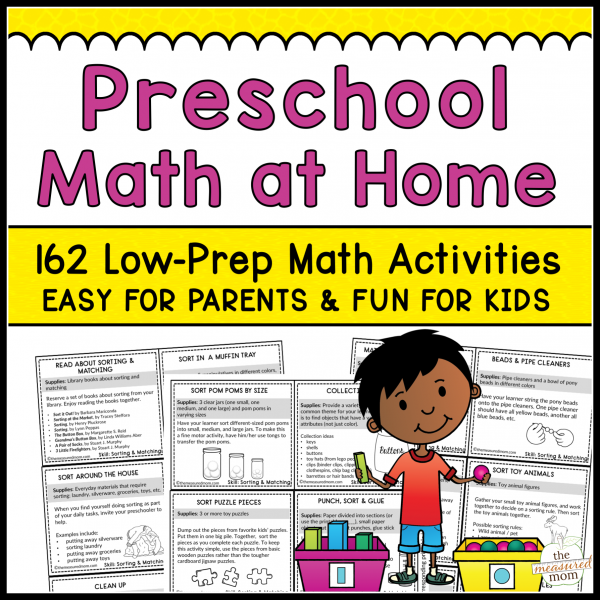
The concept of mathematical education in the Russian Federation
The importance of mathematical education is evidenced by the adoption of the Concept for the Development of Mathematical Education in the Russian Federation (December 24, 2013 (No. tasks and main directions of development of mathematical education in the Russian Federation.
Goals of the Concept:
to bring Russian mathematical education to a leading position in the world.
Mathematics in Russia should become an advanced and attractive field of knowledge and activity, the acquisition of mathematical knowledge should be a conscious and internally motivated process
Modernization of the content of curricula for mathematical education at all levels (with ensuring their continuity) based on the needs of students and the needs of society in general mathematical literacy, in specialists of various profiles and levels of mathematical training, in high achievements in science and practice;
Ensuring that there are no gaps in basic knowledge for each student, forming among the participants of educational relations the attitude “there are no children incapable of mathematics”, ensuring confidence in an honest and adequate state final assessment, providing teachers with diagnostic tools (including automated ones) and overcoming individual difficulties;
Ensuring the availability of publicly available information resources necessary for the implementation of curricula for mathematical education, including in electronic format, tools for the activities of students and teachers, the use of modern technologies in the educational process;
Improving the quality of the work of mathematics teachers (from pedagogical workers of general education organizations to scientific and pedagogical workers of educational institutions of higher education), strengthening the mechanisms for their material and social support, providing them with the opportunity to refer to the best examples of Russian and world mathematical education, the achievements of pedagogical science and modern educational technologies, the creation and implementation of their own pedagogical approaches and copyright programs;
Support for leaders in mathematics education (organizations and individual teachers and scientists, as well as structures formed around leaders), identifying new active leaders;
Providing highly motivated students with outstanding mathematical abilities with all the conditions for the development and application of these abilities;
Popularization of mathematical knowledge and mathematical education.
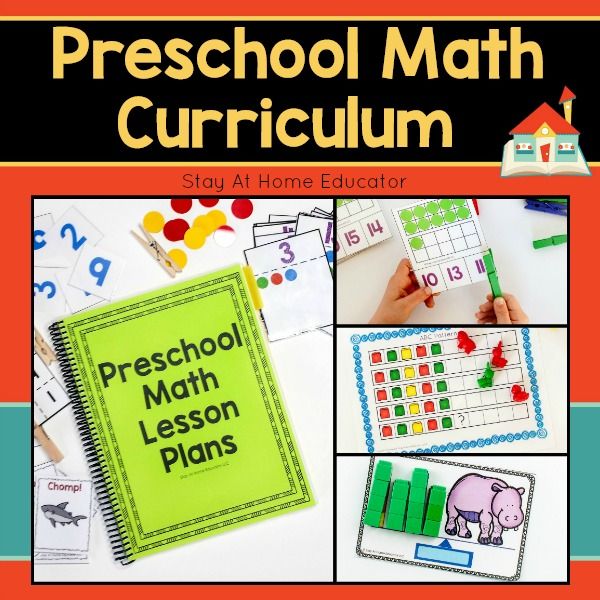
Basic provisions for the implementation of the concept
Every citizen of Russia, regardless of age, has the right to free mathematical education, taking into account his professional orientation and individual intellectual needs. The system of mathematical education provides equal starting opportunities and takes into account the already achieved level at each stage.
Mathematics education is carried out in educational institutions of preschool, basic, vocational and additional education, higher educational institutions, in the family, in the form of self-education, as well as in the form of public educational associations. Responsibility for the results of mathematical education of a citizen of the Russian Federation is jointly borne by the state, parents and the citizen himself.
The main customer of mass general mathematical education is society. The state forms this order at all levels, based on the needs of industry and business, the country's research base, healthcare, public administration and education institutions, and provides support, including funding for this order.
